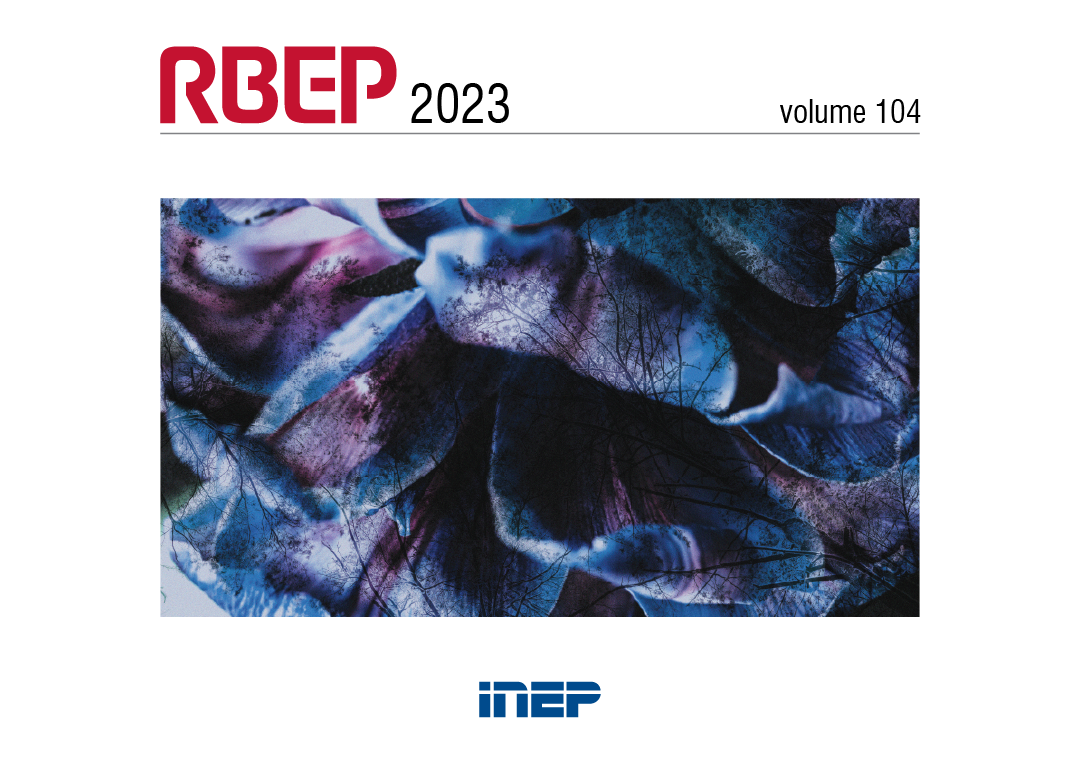[Re]visiting Anthropology and Education in the mid-20th century: Anísio Teixeira’s Columbia Project to Josildeth Gomes Consorte
Abstract
This study seeks to understand through the trajectory of Brazilian anthropologist Josildeth Gomes Consorte the links between Anthropology and Education in the 1940s and 1950s in Brazil, especially, the importance of the Columbia Project as a fundamental experience for the later creation of the Brazilian Center of Education Research (CBPE) by Anísio Teixeira. Interviews with the author and articles in which she revisits the period from the 1940s to 1950s and the theme of education as a topic of consideration are analyzed, in addition to historical-documentary academic debates about the Columbia Project. Therefore, the state of Bahia and the circulation of intellectuals derived directly or indirectly from the Columbia Project promoted for many researchers the initiation into anthropology, as well as the materialization of doctoral research degrees, not only due to an influx of foreigners, but with an outflow of Brazilians to the United States, as Josildeth's academic trajectory elucidated.
Downloads
Copyright (c) 2023 Brazilian Journal of Pedagogical Studies

This work is licensed under a Creative Commons Attribution 4.0 International License.
Once their work is accepted for publication, author’s copyrights are automatically relinquished to the National Institute for Educational Studies and Research Anísio Teixeira (Inep).
Since 2016, the journal Revista Brasileira de Estudos Pedagógicos (RBEP) uses the licence CC-BY.
Partial or total reproduction of the content of this Journal is permitted provided that the original publication is properly referenced, as well as a link to license CC BY 4.0 and to indicate any possible alterations made to the article.




















